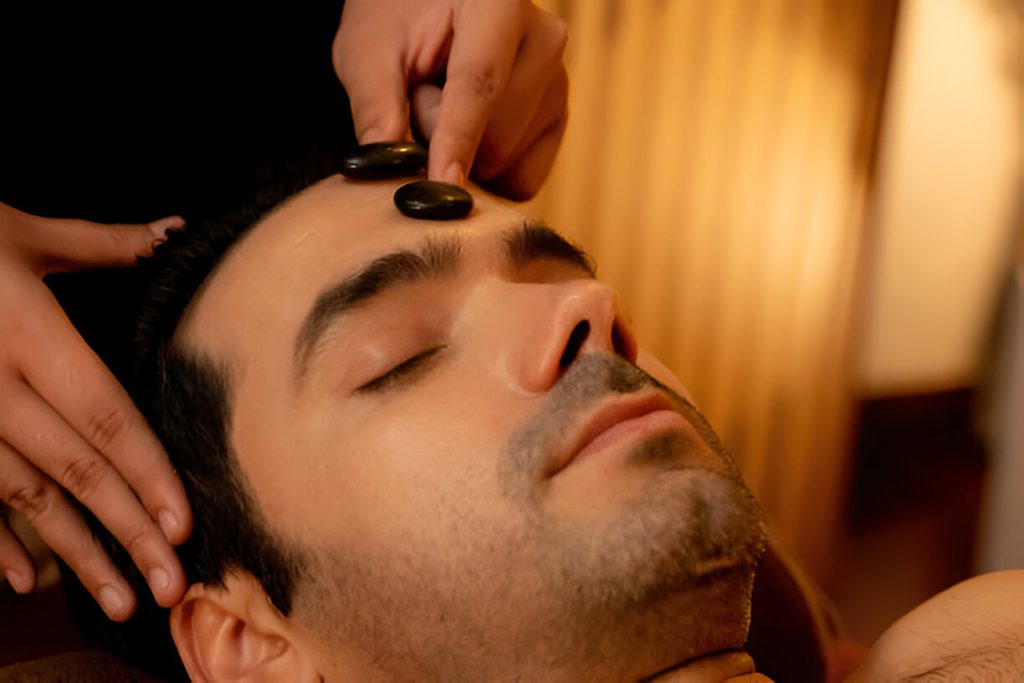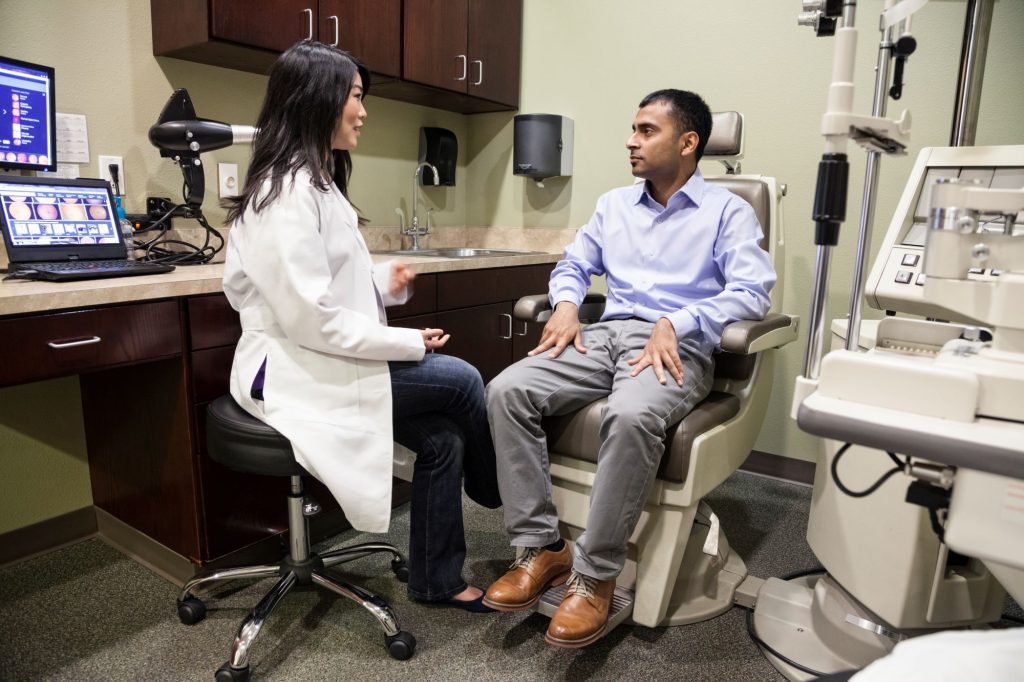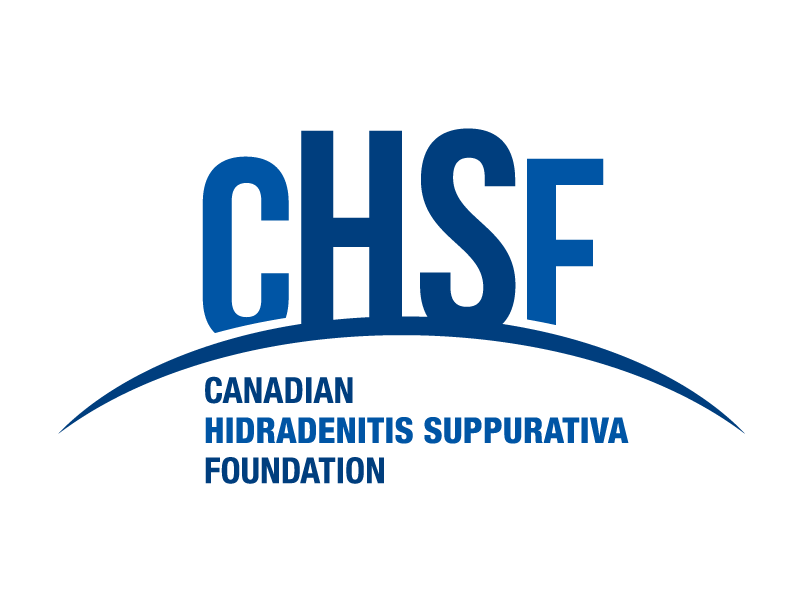Hidradenitis Suppurativa (HS) is a chronic inflammatory skin disease that presents many physical and emotional challenges. Because it is a complex condition, effective management often involves taking a multifaceted approach and considering various treatment modalities. Although traditional medical treatments usually play a crucial role in addressing Hidradenitis Suppurativa symptoms, exploring alternative options may offer additional support and contribute to a more comprehensive, holistic management plan. Patients who seek to enhance their well-being may find value in investigating natural treatments and complementary therapies as supplementary avenues of care.
We are deeply committed to improving the lives of patients with this chronic skin condition by providing information and resources that encompass the full spectrum of HS management options. In our quest to offer a comprehensive perspective, we delve into the world of natural treatments and complementary therapies available for HS patients, presenting the potential benefits and applications of a more holistic approach.
In this informative article, we will explore natural treatments, such as herbal remedies and supplements, and discuss evidence-supported options that might provide relief or alleviation of HS symptoms. We will also explore complementary therapies, such as acupuncture, massage, and mind-body practices, examining their potential role in contributing to a more balanced and holistic HS management plan.
It is essential to keep in mind that, while complementary therapies can offer support and potential benefits, they should not be considered a replacement for traditional medical care. Always consult with a qualified healthcare professional before introducing new treatments or therapies to ensure that they are safe and appropriate for your individual needs and circumstances.
Natural Treatments: Herbal Remedies and Supplements

The use of herbal remedies and supplements is becoming increasingly popular in the management of various health conditions, including HS. These natural options can be worth exploring, as they have the potential to provide symptomatic relief or support overall well-being. Some natural treatments that have shown promise in the context of HS include:
Omega-3 fatty acids
Omega-3 fatty acids are vital in an anti-inflammatory diet, particularly beneficial for autoimmune conditions like HS. These essential fats, found in fatty fish such as salmon, herring, and sardines, play a key role in reducing inflammation. For a vegetarian alternative, flaxseeds, chia seeds, and walnuts are excellent sources.
Cooking salmon is straightforward and versatile—try roasting it with lemon, salt, and pepper, or create a flavorful salmon and asparagus sheet pan meal. For a cost-effective omega-3 boost, consider incorporating canned sardines into pasta, salads, or fish tacos. Walnuts can be enjoyed as a snack or added to salads, oatmeal, pasta, and baked goods. Additionally, incorporating a tablespoon of flaxseed or chia seeds into smoothies, oatmeal, or yogurt can enhance your omega-3 intake. Chia seeds are also fantastic for making pudding or jam.
Apple cider vinegar
Apple cider vinegar has been popularly touted for various health benefits, including for skin conditions like HS. While anecdotal evidence suggests some success, scientific research has yet to confirm these claims. However, apple cider may help combat staphylococcus bacteria, often contributing to HS infections. To use it safely, it should be diluted—mix five parts water to one part apple cider and test this solution on a small skin area first to avoid irritation.
Curcumin
Curcumin, an active compound found in turmeric, has garnered attention for its potent anti-inflammatory properties. Turmeric has been used traditionally for centuries, and curcumin, its primary bioactive component, is thought to help alleviate inflammation associated with HS. Incorporating turmeric into your diet or considering curcumin supplements might provide additional support in managing HS symptoms. However, while preliminary studies suggest benefits, further research is needed to establish curcumin’s efficacy for HS fully.
Vicks VapoRub
Vicks VapoRub, a well-known over-the-counter remedy for cough and congestion, contains compounds like eucalyptus oil, menthol, camphor, and turpentine oil. These ingredients have anti-inflammatory and analgesic properties. While Vicks VapoRub can be beneficial for short-term use on the skin, it should be applied cautiously. Excessive use, particularly of camphor, can be toxic. Apply only a thin layer and avoid contact with open boils or wounds.
Epsom salts
Epsom salts, comprising magnesium and sulfate, are a traditional remedy for various ailments. While evidence on their absorption through the skin is limited, Epsom salts can help with inflammation and drying out pus from HS lesions. To use, add about one and a quarter cups of Epsom salts to a full tub of water for a soothing bath soak. Alternatively, you can use a damp cloth with an Epsom salt solution as a compress applied directly to lesions.
Aloe Vera
Aloe Vera Gel is another natural remedy with potential benefits for HS. While not specifically studied for HS, aloe vera gel is renowned for its antimicrobial, anti-inflammatory, and wound-healing properties. It is generally well-tolerated but may irritate individuals with sensitive skin. To maximize its soothing effects, refrigerate the gel before applying for a cooling sensation on inflamed areas.
Zinc
Zinc, a mineral crucial for immune function, has been linked to improved outcomes in HS patients. Many individuals with HS are found to have zinc deficiencies. Supplementing with zinc can help bolster the immune system and reduce inflammation. It can be obtained through dietary sources such as oysters, crab, beef, beans, and chicken or through supplements. Although generally safe, zinc supplementation may cause gastrointestinal discomfort in some individuals and is best taken with meals.
Neem Oil
Neem Oil, derived from the seeds of the neem tree, is celebrated in Ayurvedic and homeopathic medicine for its anti-inflammatory, antibacterial, wound healing, and antioxidant properties. Though it has not been studied specifically for HS, neem oil’s profile suggests it could be beneficial. It can be applied directly to the skin without dilution, making it a convenient option for those looking to integrate natural remedies into their skincare routine.
Honey
Manuka Honey has also been explored for its potential to aid in HS treatment. Known for its anti-inflammatory, antioxidant, antibacterial, and wound-healing properties, Manuka honey has been used in clinical settings for wound care. One study found that dressings soaked in Manuka honey improved recurrent infections in stubborn HS wounds, although overall benefits were modest. This suggests that Manuka honey might offer some improvement in managing slow-to-heal lesions.
Tea Tree Oil
Tea Tree Oil is another natural remedy with notable antimicrobial properties. It has demonstrated antiseptic and wound-healing benefits in various studies. Despite the lack of specific research on tea tree oil for HS, its general efficacy for skin health suggests it could be beneficial. Tea tree oil should always be diluted before use to avoid irritation or rash. Test a small area of skin first to gauge your reaction before applying more extensively.
Complementary Therapies: Enhancing Quality of Life

Complementary therapies can enhance the quality of life for individuals living with HS by addressing various physical and emotional aspects of the condition. While not meant to replace conventional treatments, complementary therapies may provide additional support when used alongside traditional medical care. Some popular complementary therapies for HS include:
Acupuncture
Acupuncture, an ancient Chinese therapy, involves inserting thin needles into specific points on the body. This practice has been reported to offer relief for some individuals with HS by helping to manage pain and reduce inflammation. The therapy aims to balance the body’s energy flow, potentially alleviating discomfort associated with HS. While many people find acupuncture beneficial, individual responses can vary. It’s important to consult with a healthcare provider to determine if acupuncture could be a suitable complementary treatment for your HS management plan.
Massage Therapy
Massage therapy can be an effective complementary treatment for Hidradenitis Suppurativa (HS), offering benefits beyond direct skin care. By focusing on areas not affected by HS lesions, massage can help release muscle tension, alleviate stress, and improve blood circulation. This overall relaxation can contribute to enhanced well-being and potentially help manage some of the discomfort associated with HS.
While massage therapy does not directly treat HS lesions, it can complement other treatments by promoting relaxation and reducing stress, which may have a positive impact on managing symptoms. Consulting with a skilled massage therapist who understands the condition is essential to ensure the therapy is both safe and beneficial for your specific needs.
Mind-Body Practices
When managing a chronic condition like Hidradenitis Suppurativa (HS), supporting emotional health is crucial. Mind-body practices such as meditation, deep-breathing exercises, and yoga play a significant role in this aspect. These techniques are designed to promote relaxation, alleviate stress, and enhance overall mental well-being.
Regular practice of mindfulness and relaxation techniques can help individuals cope better with the emotional and psychological challenges of living with HS. By integrating these practices into your routine, you can improve your ability to manage stress and support your overall health, potentially leading to a better quality of life despite the condition.
Developing a Holistic Approach to HS Management

When considering a holistic approach to HS management, it may be helpful to reflect on several key factors:
Individual Needs
For individuals with HS, natural treatments and complementary therapies may have varying effects. What works for one person might not be effective for another. When exploring these options, it’s essential to consider your unique needs, preferences, and circumstances. Tailoring treatments to your specific situation is crucial for finding what works best for managing your HS. Consulting with a healthcare provider can help ensure that any new therapies fit well with your overall treatment plan and health goals. Personalizing your approach can lead to more effective management and improved well-being.
Consultation with Professionals
Before incorporating any new therapies or treatments, consult with a qualified healthcare professional. They can offer personalized guidance and ensure that any new approaches are suitable for your specific situation. This step is crucial for aligning new treatments with your overall health plan and achieving the best outcomes for managing your condition.
Combination of Treatments
Using a multifaceted approach that blends traditional medical care with complementary therapies and natural treatments can enhance your HS management plan. Combining these methods can offer a more comprehensive strategy for addressing the condition, potentially leading to improved outcomes and overall well-being. Integrating various treatments helps address different aspects of HS, providing a holistic approach to managing symptoms and supporting your overall health.
Embracing a Holistic Approach for Enhanced Well-Being
Exploring natural treatments and complementary therapies for Hidradenitis Suppurativa can open new doors for patients seeking a more holistic approach to managing their condition. By considering various options that address the physical and emotional aspects of HS, individuals can expand their repertoire of strategies and potentially enhance their overall well-being.
Building a comprehensive HS management plan involves continuous learning, adaptation, and consultation with healthcare professionals. As you venture into the realm of holistic care, remember that each individual’s journey is unique. Stay open to new possibilities and consult with the Canadian Hidradenitis Suppurativa Foundation to ensure that you receive the most accurate and reliable guidance tailored to your specific needs.
